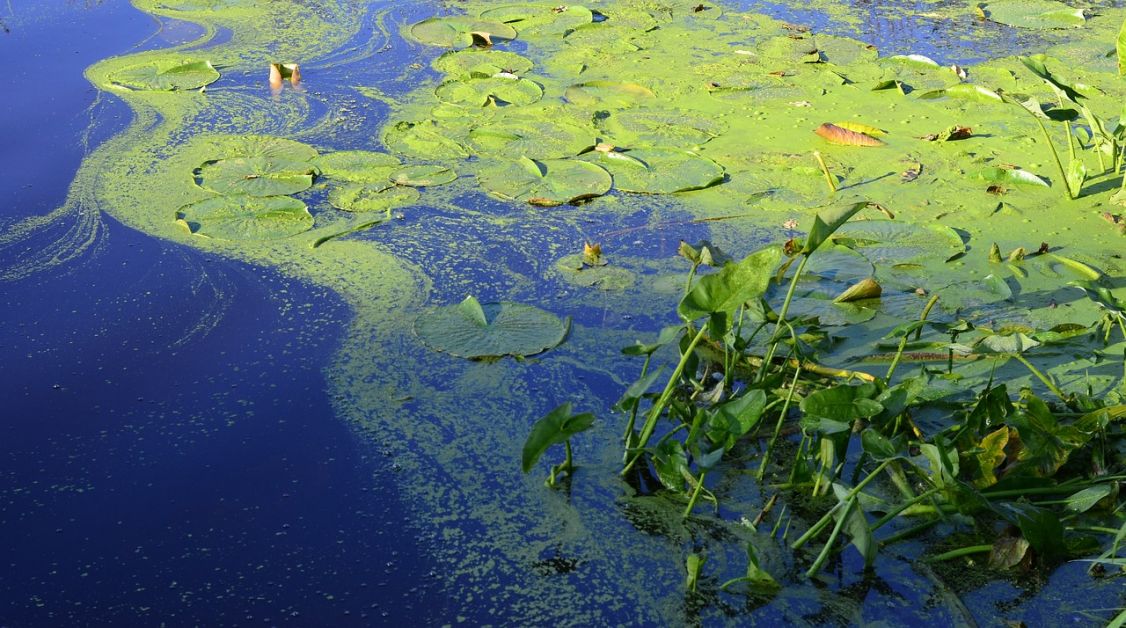
Alberta Health Services (AHS) has issued a cyanobacteria, or blue-green algae, advisory for Little Fish Lake located about 40 kilometres east of the Town of Drumheller.
Residents living near the shores of this lake, as well as visitors to this lake, are advised to take the following precautions:
Avoid all contact with cyanobacterial blooms. If contact occurs, wash with tap water as soon as possible.
Do not swim or wade or allow your pets to swim or wade in any areas where cyanobacteria is visible.
Do not feed whole fish or fish trimmings from this lake to your pets.
Consider limiting human consumption of whole fish and fish trimmings from this lake, as it is known that fish may store toxins in their liver. (People can safely consume fish fillets from this lake).
Do not use water contaminated with cyanobacteria to water edible plants. This is particularly important for plants with edible parts exposed to the ground surface (such as cabbage, lettuce, tomatoes, and other salad vegetables).
As always, visitors and residents are reminded to never drink or cook with untreated water directly from any recreational body of water, including Little Fish Lake, at any time.
Boiling of this water will not remove the toxins produced by cyanobacteria. An alternate source of drinking water should also be provided for pets and livestock, while this advisory is active.
Cyanobacteria is naturally occurring, and often becomes visible when weather conditions are calm. Appearing like scum, grass clippings, fuzz, or globs on the surface of water, cyanobacteria can be blue-green, greenish-brown, brown, and/or pinkish-red, and often smell musty or grassy.
People who come in contact with visible cyanobacteria or who ingest water containing cyanobacteria may experience skin irritation, rash, sore throat, sore red eyes, swollen lips, fever, nausea and vomiting and/or diarrhea. Symptoms usually appear within one to three hours and resolve in one to two days. Symptoms in children are often more pronounced; however, all humans are at risk of these symptoms. Exposure to the bacteria may be fatal to pets.
Weather and wind conditions can cause algae blooms to move from one location in the lake to another. As such, this advisory will remain in effect for Little Fish Lake, until further notice.
Please note that waters of Little Fish Lake in which the cyanobacterial bloom is NOT visible can still be used for recreational purposes, even while this Health Advisory is in place.
If you suspect a problem related to cyanobacteria or if you require further information on health concerns and cyanobacteria, please call Health Link at 811. Additional information is also available online, at www.ahs.ca/bga.


























